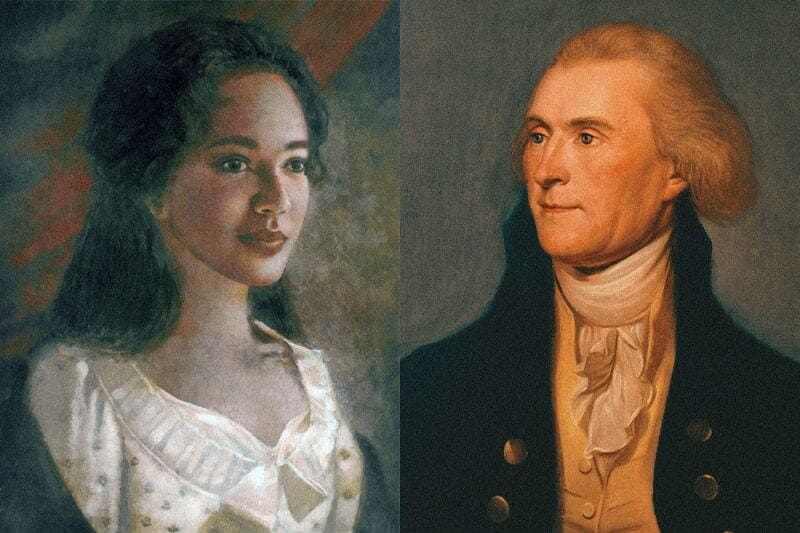The Frederick Douglas Game introduced me and my classmates to come together and discuss a growing end to slavery and rebuttals in defense of slavery were becoming angrier. In conclusion, this was Americas circa 1845. My other classmates that presented were the defenders of the Constitution which were against slavery and against the government ending it. 
In class during the Town Hall Meeting I gained a lot of knowledge on many different famous people about their opinions on slavery. I learned from one of my fellow classmates about Thomas Jefferson. Something new that I never l known before was that his slaves at the time were in specialized training. The adults would have to help in the house or on the farm, and the kids would have to work in the hailer. In his lifetime Jefferson owned more than 600 slaves.

A second famous person my fellow classmate presented was John Locke. He supported slavery only as a punishment for a terrible crime for which one’s life could be forfeit. Locke took part in administering the slave-owning colonies. His overall way of thinking on his opinion about slavery was that it is a basic form of human life. Locke expressed that he would be entitled to take his attacker’s liberty if a victim of an assault was entitled to take his life in self-defense.

Lastly, the third person my fellow classmate educated me on was Samuel FB Morse. He had a strong belief that slavery is not a sin. He was well-known as an active defender of America’s institution of slavery. Samuel defended the institution of slavery without compromise as a part of God’s ordained plan that must not be opposed.


No comments:
Post a Comment